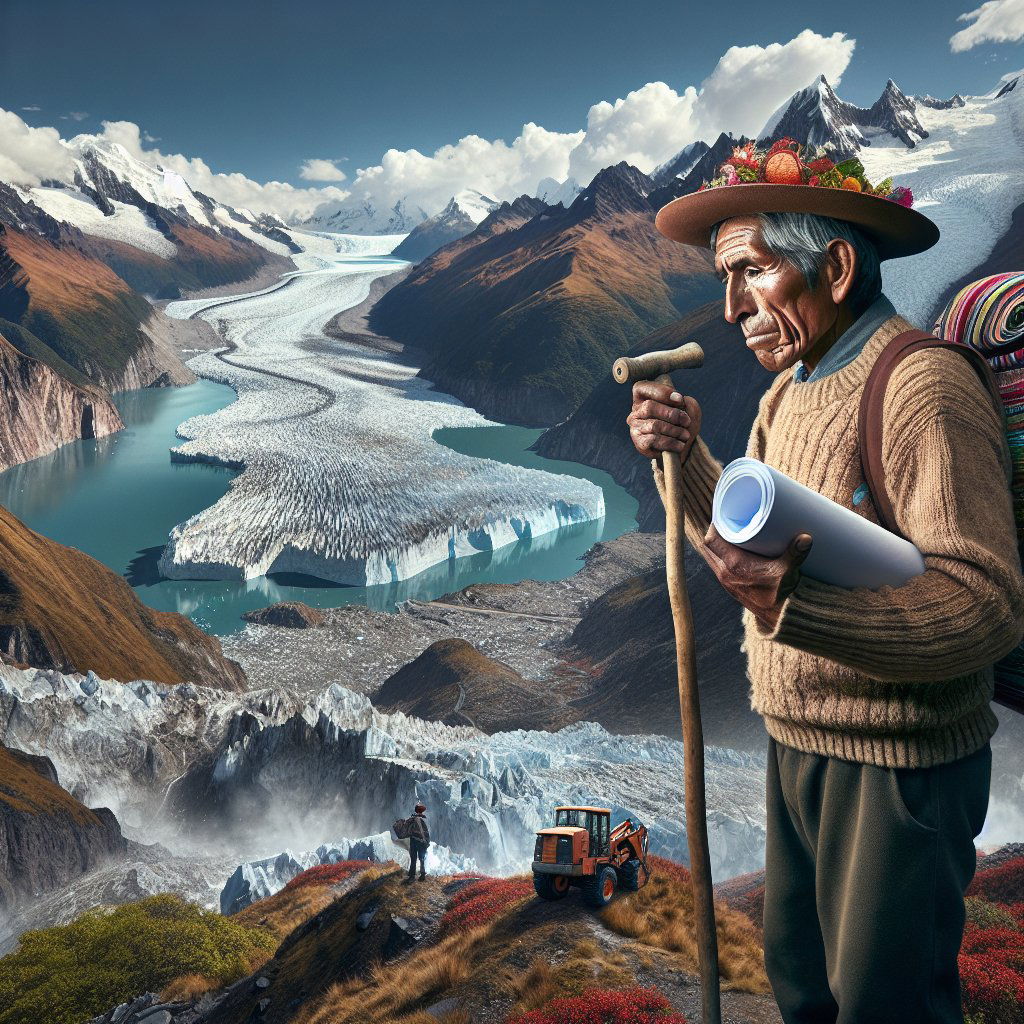Image: AI generated for illustration purposes
Peruvian Farmer vs. Energy Giant: A David and Goliath Climate Battle
In the majestic backdrop of the Peruvian Andes, Saúl Luciano Lliuya, a humble farmer and mountain guide, is waging a groundbreaking lawsuit that pits his small community against RWE, one of Germany’s largest energy companies. The case encapsulates a simple yet powerful narrative of climate accountability, where Luciano Lliuya represents millions whose lives are at risk due to the accelerating glacial melt, largely induced by climate change.
At the heart of the case is Lake Palcacocha, which, swollen due to melting glaciers, endangers the lives of thousands with the threat of cataclysmic flooding. The plaintiff, who has lived in the shadow of the glaciers all his life, has become an unlikely activist and a global symbol for climate justice.
Luciano Lliuya’s lawsuit demands RWE pays for its share of his homeland's climate damages, specifically 0.47% of the cost needed for safety infrastructure around Lake Palcacocha, estimated at approximately US$20,000. This percentage aligns with RWE’s attributed contributions to global greenhouse gas emissions. His argument underscores a broader narrative where climate change makes us all potential neighbors, thus RWE, despite its geographical distance, shares a global neighborhood responsibility.
The narrative of Luciano Lliuya is interspersed with tales of adaptation and survival, contrasting sharply with the disquieting concerns of glacial retreat and its menace. Ventura into his life story reveals not only the vulnerability of his community to climate disasters but also their spiritual connection to the mountains which shapes their perception of nature and disaster.
Luciano Lliuya's story is an odyssey, from experiencing direct discrimination due to his Indigenous heritage to ascending as a voice in international climate discourse. At its core, this lawsuit transcends just a legal challenge; it reflects an emerging global consciousness seeking reparation for the damage done by industrial giants responsible for substantial greenhouse gas emissions.
The legal journey has been fraught with complications, from the initial dismissal of the case by a lower court to the subsequent reversal by the Higher Regional Court in Hamm, which deemed the lawsuit admissible. The struggle has inspired other similar claims worldwide, indicating a growing movement demanding accountability for climate change consequences.
The case's developments, including expert testimonies and scientific studies, play a pivotal role in determining the lawsuit's outcomes. While RWE has diversified into renewable energy, the question of its responsibility for past emissions remains unresolved. The scientific evidence presented forms the cornerstone of the battle, as it strives to link RWE’s emissions with specific climate impacts in Luciano Lliuya's homeland.
This legal conflict, amidst its trials and tribulations, has placed a spotlight on the plight of those on the frontline of the climate crisis. The outcome of Luciano Lliuya's case could set a momentous precedent, serving as a beacon for other climate justice advocates, and perhaps pave the way for a future where corporate environmental accountability is the norm.










